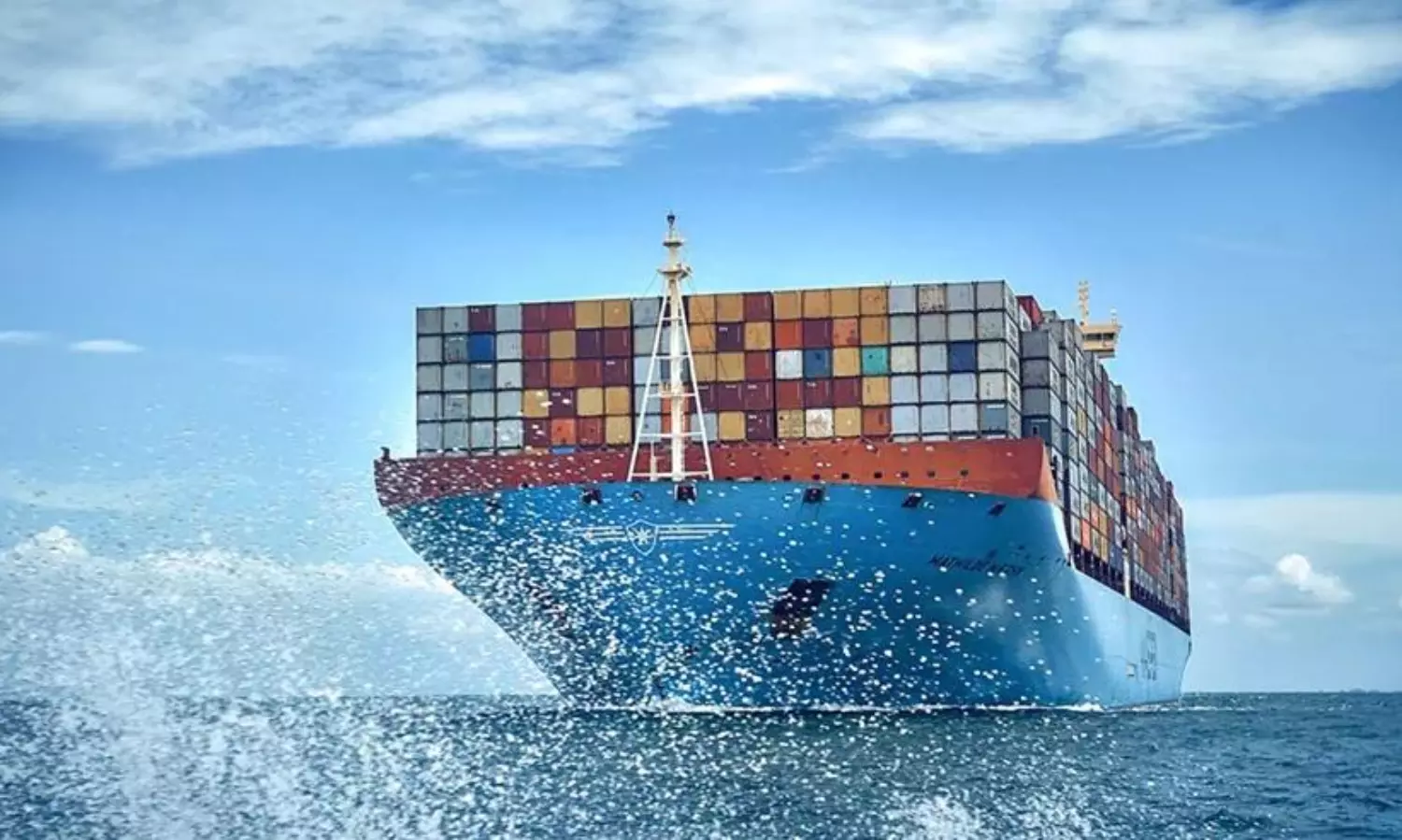2023 schedule reliability up 19.5ppts; Drewry WCI down 4%
Drewry World Container Index (WCI) declined four percent to $3,824 per 40ft container to the week of February 1, 2024

Annual global schedule reliability improved by 19.5 percentage points (ppts) from 42.6 percent to 62.1 percent by 2023, according to the latest data from sea-intelligence.
"Despite the sharp improvement, it only reached the level of 2020, and still below the 70-80 percent of 2012-2019. What is concerning, however, is that schedule reliability has declined M/M the entire Q4, and we are likely to see a similar impact for January 2024 due to the Red Sea Crisis.
"This should be temporary though - once the additional transit time is accounted for in the carriers’ schedules, we will potentially see an improvement in schedule reliability. Lastly, the crisis came too late to have any significant impact on average delay, which improved from 6.38 to 4.83 days in FY2023."
In terms of the global carriers, Maersk was the most reliable in 2023 with schedule reliability of 67.7 percent, followed by MSC (65.9 percent) and CMA CGM (62.8 percent). (Fig 1)
Evergreen (61.9 percent) and Wan Hai (61.3 percent) as the only carriers above 60 percent. Yang Ming was at the bottom with 50.7 percent.
All 13 global carriers recorded a double-digit Y/Y improvement with Wan Hai recording the largest improvement of 27.4 ppts.
Drewry WCI down 4%
Drewry World Container Index (WCI) declined four percent to $3,824 per 40ft container for the week of February 1, 2024.
The index is up 88 percent when compared with the same week last year. "This week’s reduction in the index follows eight consecutive week-on-week gains."
Freight rates on Shanghai to Genoa dropped eight percent to $5,848 per 40ft container. Rates on Los Angeles to Shanghai dropped four percent to $734 per 40ft box, New York to Rotterdam was up three percent at $635 per FEU and Shanghai-Los Angeles rates increased two percent to $4,421 per 40ft container.
Drewry expects rates to continue plateauing as China's factories gear down in February.
Red Sea moves
The U.S. believes strikes are degrading Houthis' abilities to attack Red Sea vessels but despite these steps and new attempts at diplomatic pressure, the attacks continue, says Freightos in its update on January 31, 2024. "Ocean carrier adjustments continue to be implemented, which, together with expected easing demand after Lunar New Year, should lead to better reliability and some decrease in ocean container rates. Some shift from ocean to air options are leading to a moderate increase in air cargo rates on some lanes."


